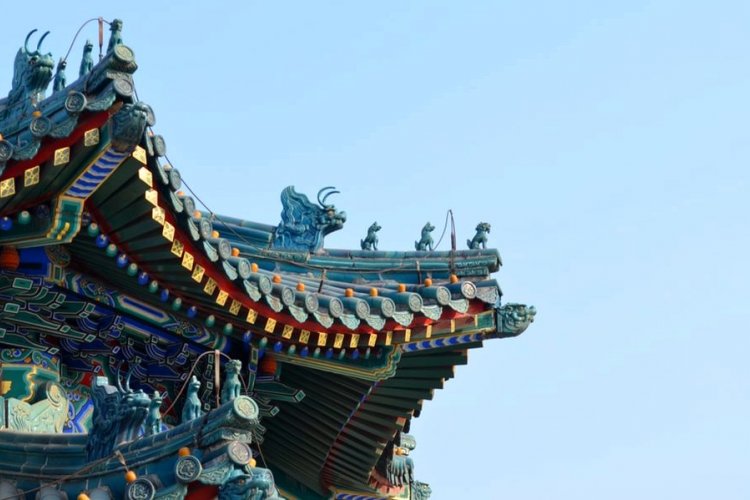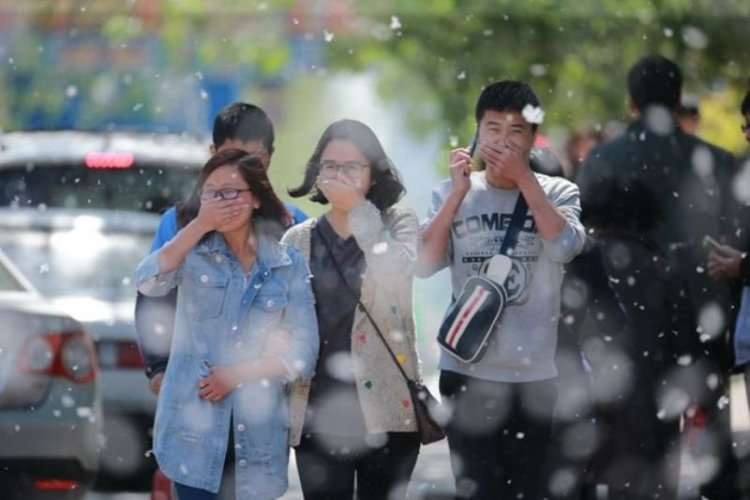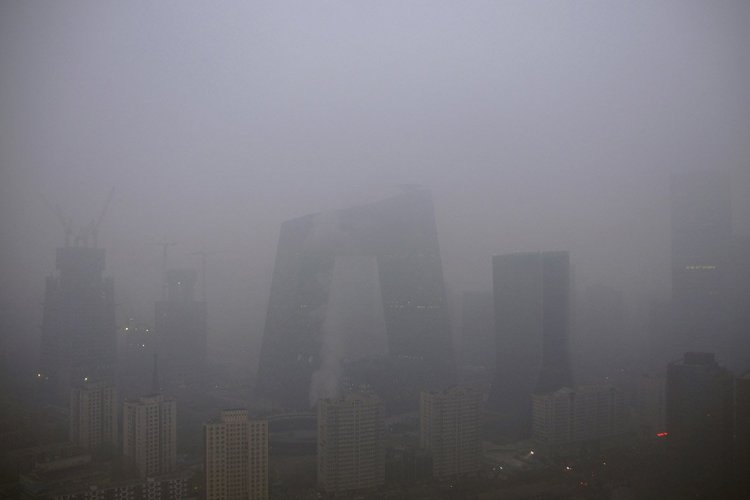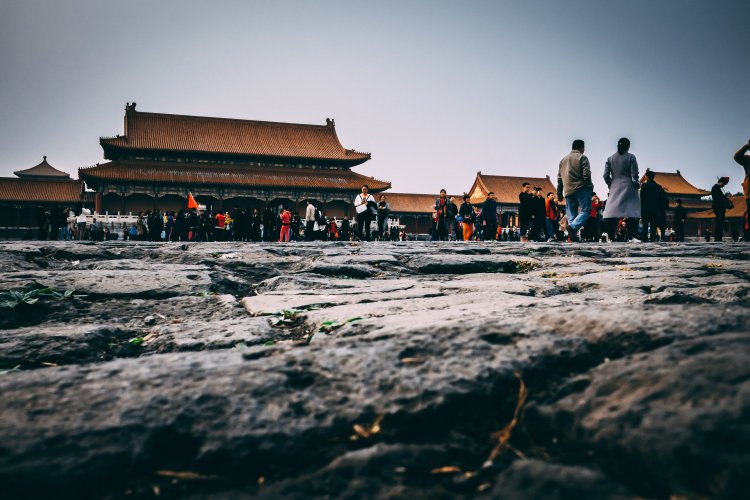I've found Beijing to be a polarizing city and the time frame for foreigners to decide if they can handle the city a couple of years. The frequent flyer laowai's don't have quite the appreciation for and frustration due to this city we've chosen to inhabit. While I find the air quality to be frustrating, finding a decent bite causes me more angst.
Working in Beijing is an opportunity many foreigners get to enjoy, but there's always something that you will miss about your home. There are dirtier (Shijiazhuang) and cleaner (Xiamen, Sanya) cities in China, but you may not have access to your creature comforts.
And if you came to China with career aspirations, you certainly could've chosen worse places (http://beijingcream.com/2013/11/china-is-the-best-place-to-be-an-expat-hsbc/). Like so many big cities, you can find your nitche if you look for it.






